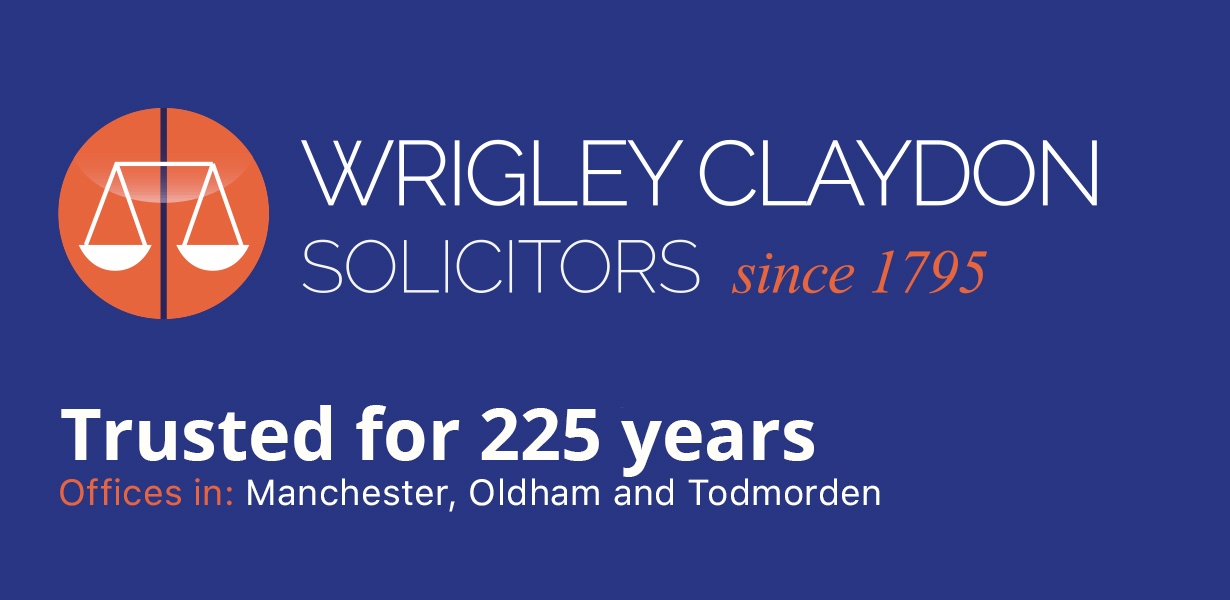There are no set guidelines or definition of a neighbour dispute. This is because the issues can be so varied and circumstances so individual. Here we highlight some of the more common neighbour disputes and what can be done about them…
Common neighbour disputes
Access to land (for repairs) – the property’s legal documents may include a ‘right to entry’ for this purpose, in which case, the neighbour must grant you access to their property/land. If no right exists and no agreement can be made, you can apply for an access order from the County Court. There is a fee for this application and we advise that you consult us at this point so we can assist you with your submission.
Shared amenities (for access and repairs) – where multiple properties share facilities; drains, pipes, drives, gardens, paths, roofs etc usage rights and maintenance responsibility can be found in the property’s legal documents. Neighbour consent should be sought at each stage of any work. Where no agreement exists, it’s advisable to agree (formally) in advance to share the cost of maintenance and repairs between owners. A County Court access order can applied for again in this instance if needs be.
Boundaries – see our previous article about Boundary Disputes.
Fences/barriers – the existence of fences and barriers is not mandatory on most residential property. Where it does exist, use and repair is down to the owner. Evidence of ownership should be in the property’s legal documents or even receipts of purchase. The owner can do with the fences or barriers as they wish (so long as it doesn’t encroach on the neighbour’s property or land) without the neighbour’s consent. As the owner of said fences and/or barriers, you have no obligation to repair them, unless stated in the title deeds of the property, however you should be careful to avoid antagonising your neighbours or causing a nuisance by not repairing them. Barriers next to a street should be kept in good repair to avoid danger and/or injury to the public for which court action could be taken against you.
Party walls – if you want to do any structural work to a wall which supports another property, you must notify your neighbour.
Children/ball games – if damage to your property results from the action of a neighbour’s child you must speak to the parents in the first instance to resolve the matter. It could be that the parent is the one liable for any repair work. If a ball ends up on your property you should allow access to retrieve it or give it back yourself. The ball arriving there is trespass and you could be entitled to compensation for any damage it may have caused.
Noise – if you have noisy neighbours you should speak them in the first instance. If it continues you can contact their landlord if they are a tenant, the local authority or even the police. You should also keep a diary of the nuisance. If it persists, Environmental Health may become involved.
Parking – you have no rights to park in a particular space on a public road, it is just that, public and anyone my park outside your property whether you like it or not. However, you must always have access to your drive, even a shared one. A vehicle parked illegally which is blocking this access can be removed by your local authority or the police.
Trees/hedges – you can ask your neighbour to prune back to the boundary any trees on their property that infringes yours, and visa versa. Your local authority has certain rights to do this if you/your neighbour refuses and they can reclaim the costs from the owner. Similarly, if tree roots are (or may) causing damage to a property, you can ask the owner for access to remove them. This is more important than it sounds as roots could cause damage to your property and result in issues with buildings insurance.
What to do about neighbour disputes
There are many courses of action you can take when dealing with neighbour disputes. All start with speaking to your neighbour first and trying to reach an agreement between yourselves. This is the quickest, least expensive and least stressful option. Next step is to contact the landlord if your neighbour is a tenant. Your local authority or council is the next port of call. Their planning department is the one you need for property disputes. The police can be informed in the last instance if all other methods have failed or in particularly severe cases. Abusive or discriminatory disputes should always be referred to the police.
We suggest you speak to our civil litigation team as soon as you can see communication with your neighbour is turning sour. Our specialist neighbour dispute solicitors can advise you on the appropriate course of action and assist with any legal documents or proceedings that may occur.
Please call the Oldham office on 0161 624 6811. You can reach the neighbour disputes Todmorden team on 01706 815 712. You can use our online enquiry form if you prefer and one of our team will get back to you.
Latest posts by Shalish Mehta (see all)
- 6 steps to take when you have a boundary dispute with your neighbour - 3rd January 2024
- Actor Noel Clarke seeks £10m in defamation case against The Guardian - 21st December 2023
- World Snooker Tour threatens legal action against five of its own players - 13th October 2023
- McLaren seeks at least $23 million in damages from Alex Palou - 9th October 2023
- LIV golfer Patrick Reed files defamation lawsuit against Golf Channel and commentator Brandel Chamblee - 1st October 2023






